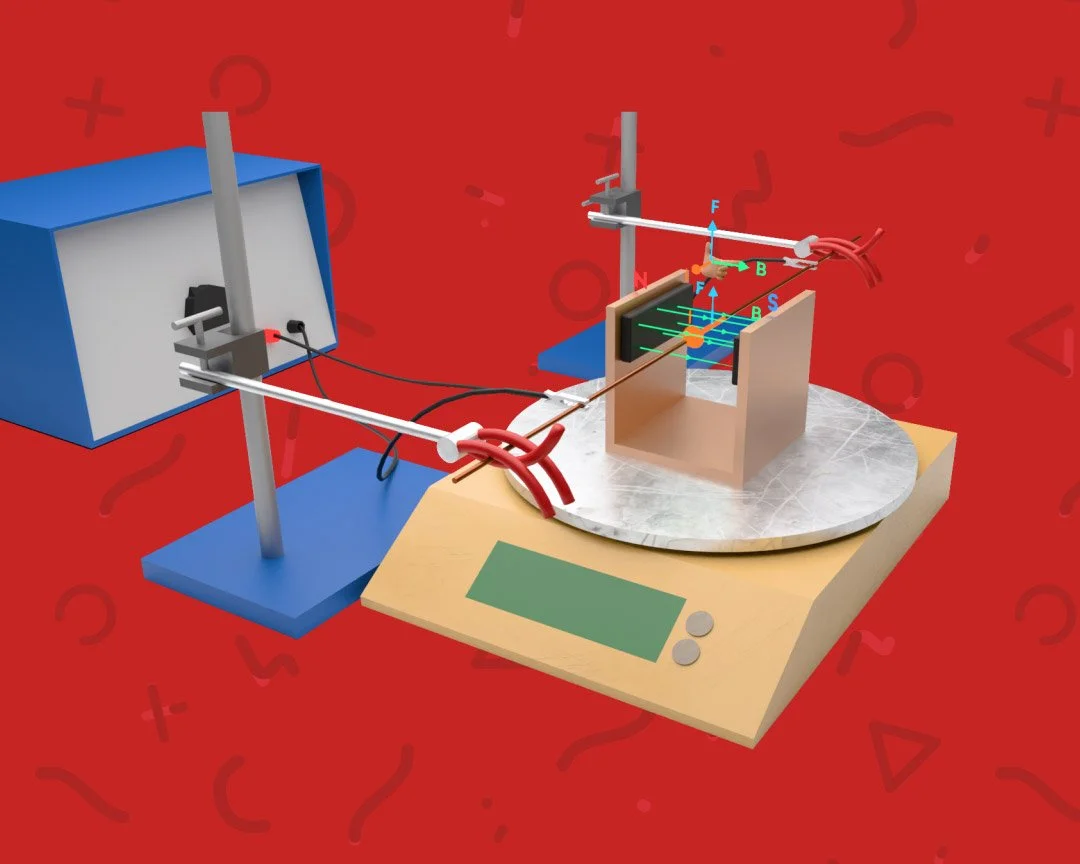The Art of Efficient Note-taking in Physics
Welcome to GoPhysics.co.uk, your trusted source for GCSE Physics resources. Whether you're in class or studying with our online materials, taking effective notes is a fundamental skill for success. In this blog post, we'll explore techniques for mastering the art of efficient note-taking in physics.
1. Prepare Ahead of Time
Before the Lesson or Study Session:
Familiarise yourself with the topic you'll be covering in class or while using GoPhysics resources.
Review any previous notes or related material to establish context.
2. Use a Structured Format
During the Lesson or Study Session:
Organise your notes using a clear and structured format. Consider using headings, bullet points, and numbering to make your notes visually comprehensible.
Create separate sections or pages for different topics or concepts.
3. Active Listening
During the Lesson:
Listen attentively to your teacher or the content in GoPhysics videos or animations.
Focus on understanding the key ideas rather than trying to transcribe everything verbatim.
4. Summarise Key Points
During the Lesson or While Watching Videos:
Jot down key points, main ideas, and key formulas. These are the nuggets of information that you'll want to review later.
Use abbreviations or symbols for common terms to save time.
5. Visual Aids and Diagrams
During the Lesson or While Using Animations:
If your teacher draws diagrams or uses visual aids, make sure to sketch them in your notes.
For GoPhysics animations, capture screenshots or make quick sketches of important visuals.
6. Ask Questions and Seek Clarification
During the Lesson:
Don't hesitate to ask questions if something is unclear. Your questions and the answers you receive can be valuable additions to your notes.
7. Post-Lesson Review
After the Lesson or Study Session:
Review and revise your notes as soon as possible while the material is still fresh in your mind.
Fill in any gaps or add extra explanations if needed.
8. Highlight Key Concepts
After Reviewing:
Use highlighters or different coloured pens to emphasise important concepts, equations, or terms.
9. Utilise GoPhysics Resources
While Using GoPhysics.co.uk:
Pause and rewind videos to ensure you capture all the key points.
Take advantage of the animations and flashcards provided to reinforce your understanding.
10. Regularly Update Your Notes
Throughout Your Studies:
As you progress in your GCSE Physics course, make sure to update your notes with new information and insights gained from additional study.
11. Create a Digital Backup
As a Supplementary Step:
Consider creating digital backups of your notes using note-taking apps or software. This can help ensure your notes are easily accessible and searchable.
By incorporating these techniques into your note-taking routine, you'll enhance your ability to retain and recall essential physics concepts. Remember that effective note-taking is a skill that improves with practice, so keep refining your approach to suit your learning style.
Optimise your note-taking and studying with the valuable resources available at GoPhysics.co.uk!
-





